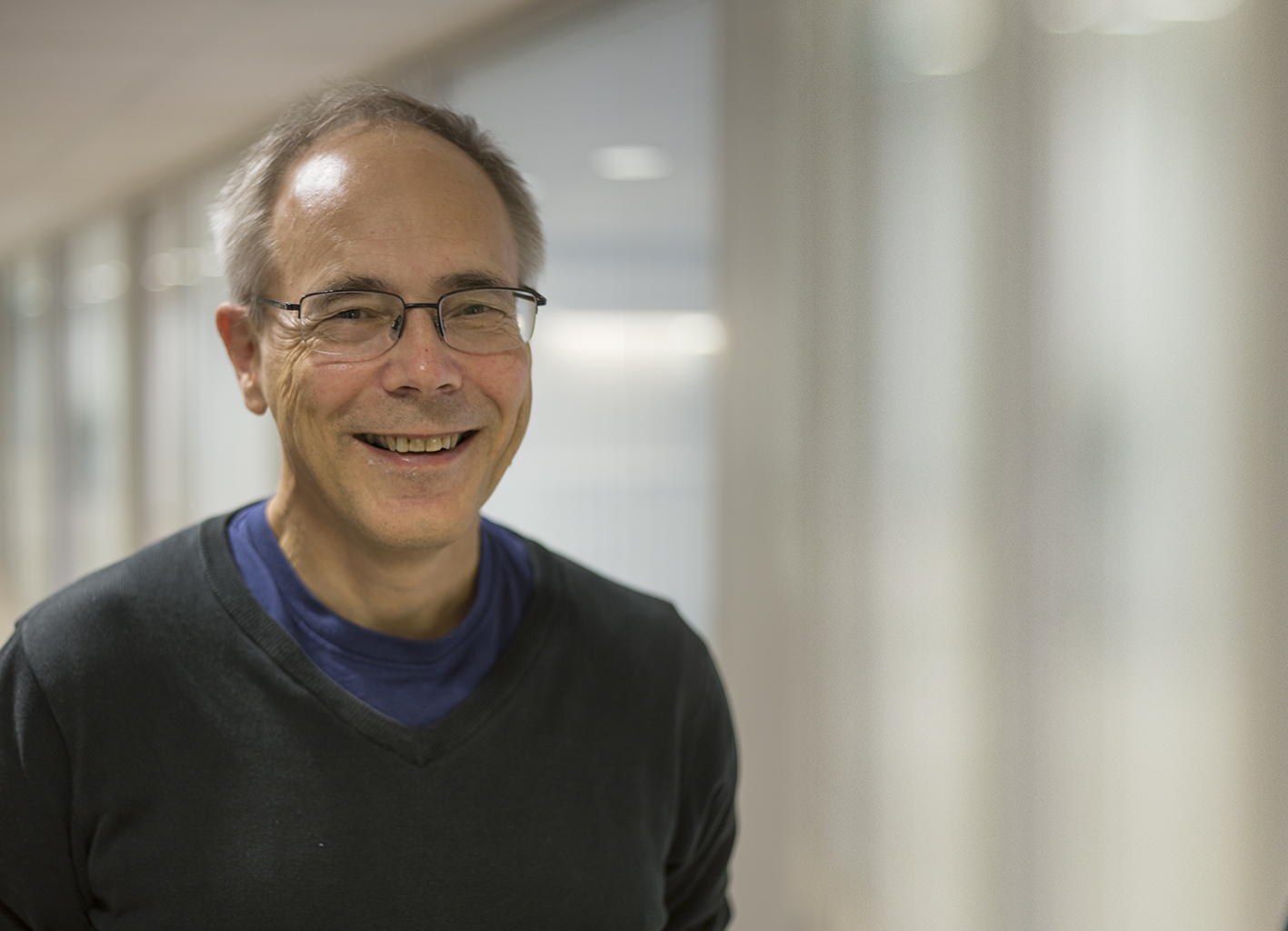Meet the Group Leaders: Trygve Ulf Helgaker

During his one-year residency at CAS, Helgaker plans to explore how chemistry changes in the dark corners of the universe, where matter might be bombarded with radiation or warped by powerful magnetic fields. Using quantum-mechanical calculations and simulations, his research group hopes to lay the foundation for astrophysicists to one day observe their findings.
‘Such calculations reveal an exotic, unfamiliar chemistry – molecules become squeezed and twisted, behaving in unexpected, fascinating ways,’ Helgaker writes in the project abstract. ‘Even chemical bonding is affected – in a strong magnetic field, atoms are bound to one another by the rotation of the electrons, giving rise to molecules that do not exist on Earth.’
The research group, featuring scholars of theoretical chemistry and physics from Finland, France, Germany, New Zealand, Slovakia, and the United Kingdom, is one of three hosted at CAS Oslo during the 2017-18 academic year, the centre’s 25th anniversary.
Read more about the project, Molecules in Extreme Environments, here.
Helgaker sat down shortly after arriving at CAS to discuss his group’s plans.
- Tell us about your project. What do you hope to explore during your year at CAS?
TH: All of the group members are experts in theoretical chemistry and electronic structure. We have already studied molecules in ultrastrong magnetic fields, but there are also other conditions – intense laser pulses, extreme pressure – that cause matter to behave differently. Collectively, we have the expertise to study matter under all such conditions.
In our work on strong magnetic fields, we’ve discovered a new type of chemical bond – a bonding mechanism that generates exotic molecules that do not exist on Earth. Now we’re working on simulating the emission spectra of such molecules to help with their observation.
A year from now, I hope to be in a position where I can study larger systems. Our early experiments have been limited to looking at a few dozen atoms, but magnetic effects are often enhanced in large systems, and we need the tools to study these.
- Why did you apply to CAS?
TH: I’ve been on sabbaticals before, which is always interesting and inspiring – you learn something new, spend a year somewhere, expose yourself to new ideas. It changes you. But a sabbatical at CAS also offers something else – the opportunity to bring together top researchers from different corners of the world to work together for an extended period of time and achieve something that would otherwise be impossible.
This year we're also opening a new Centre of Excellence, the Hylleraas Centre for Quantum Molecular Sciences. So I'm looking at things from a 10-year perspective. The one-year CAS project will give us an enormous boost and benefit us for many years to come.
- What is the value of fundamental research in 2017?
TH: Fundamental research improves our ability to respond to unexpected events. Applied research deals with topics we’re interested in right now – some immediate, important problem. Fundamental research goes deeper and broader, preparing us for an unknown future by building up a knowledge base and an understanding that will also benefit applied research.
Read More: Molecules in Extreme Environments
Carl Fredrik Schou Straumsheim